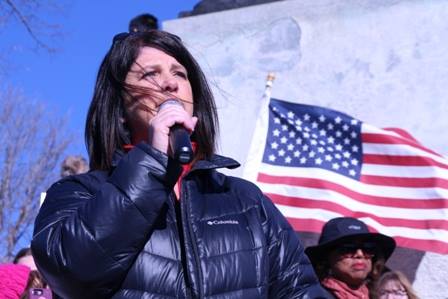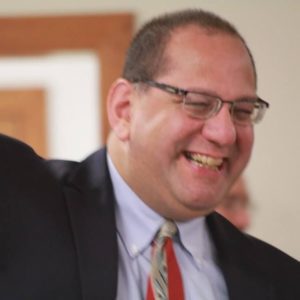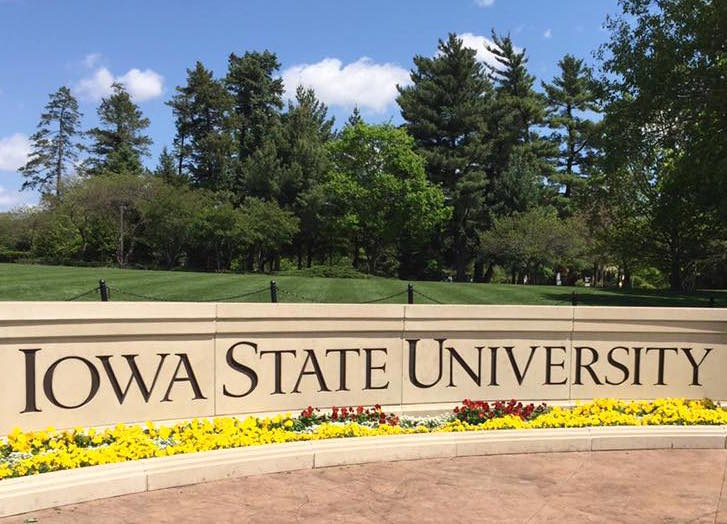Polk County District Court Judge Douglas Staskal ruled yesterday that a lawsuit challenging Governor Terry Branstad’s line-item vetoes of mental health facility funding can move forward.
A group of Democratic state legislators and AFSCME, Iowa’s largest public employee union, filed the lawsuit in July. Last month, attorneys for the state filed a motion to dismiss the lawsuit or force the plaintiffs to “recast” (revise and resubmit) their court filing.
But in a thirteen-page ruling, Judge Staskal rejected the state’s arguments that “the plaintiffs lack standing, have failed to state a claim upon which relief could be granted and that the case presents a nonjusticiable political question.” He found that AFSCME Iowa Council 61 President Danny Homan has standing because he represents the interests of state workers who were laid off when the state government closed in-patient mental health facilities in Clarinda and Mount Pleasant. The judge also noted that state legislators “have standing to challenge the propriety of the Governor’s exercise of his veto authority.” Judge Staskal found plaintiffs had stated a claim: “a challenge to the Governor’s exercise of his line-item veto authority.” As for the political question, the ruling noted, “Whether to close Clarinda and Mount Pleasant is a policy matter for the other branches of government. Whether the Governor’s particular use of his line-item veto power is constitutional is a matter for the courts.”
Judge Staskal did find in favor of one argument advanced by state attorneys, releasing Iowa Department of Human Services Director Chuck Palmer as a co-defendant: “The Director [Palmer] plainly has no authority to veto legislation and there is no allegation that he did veto legislation. Therefore, there is no conceivable set of facts upon which relief could be granted on the claim that the Director exercised an improper veto.”
The legislators who joined this lawsuit are State Senators Rich Taylor, Tom Courtney, Janet Petersen, Tony Bisignano, Herman Quirmbach, and Dick Dearden, and State Representatives Bruce Hunter, Curt Hanson, Jerry Kearns, Mark Smith, Art Staed, Ako Abdul-Samad, Jo Oldson, Ruth Ann Gaines, Sharon Steckman, Todd Taylor, Mary Gaskill, Kirsten Running-Marquardt, Timi Brown-Powers, and Dave Jacoby.









